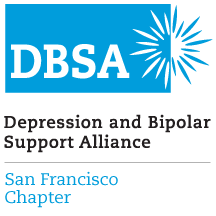COMPASSION
Scientific research suggests that acts of compassion toward others and ourselves can improve our health, well-being, relationships, and even our productivity and creativity. In fact, acts of compassion are as important to our health as physical activity and a healthy diet.
Stress and Compassion
"I believe we're at the beginning of an age of compassion. We're seeing the recognition -- at an intuitive level and at a scientific level -- that when we care for others, it has a profound effect on our own mental state in a positive way."
— James R. Doty, M.D. is the Founder and Director of the Center for Compassion and Altruism Research and Education and Clinical Professor, Neurosurgery at Stanford Medicine.
If you want to be happy, be compassionate.
If you want others to be happy, be compassionate.
~Dalai Lama
Being kind to each other is part of human nature. We are naturally born with the drive to be compassionate. Research shows children and babies have an innate desire to help others in need, but it turns out we have to feel “safe” to be able to access it. In fact, our natural tendency toward compassion may be suppressed when we’re overwhelmed by feelings of “threat” (i.e. stress, anxiety and hostility).
Have you ever noticed people have a harder time being nice when they're stressed or anxious?
Practicing compassion can help reduce feelings of stress, anxiety and hostility. It is important to not just show compassion to others but practice compassion on ourselves to help reduce stress and anxiety. Mindfulness practice, strong social connections, identifying stressors also help us access compassion. It works both ways.
